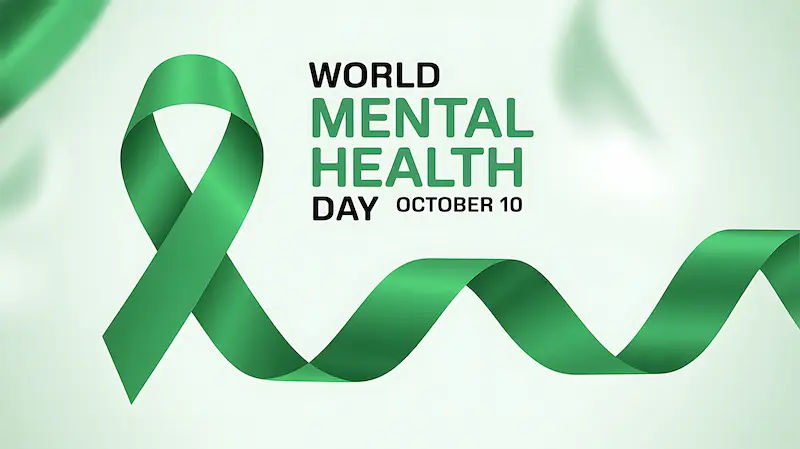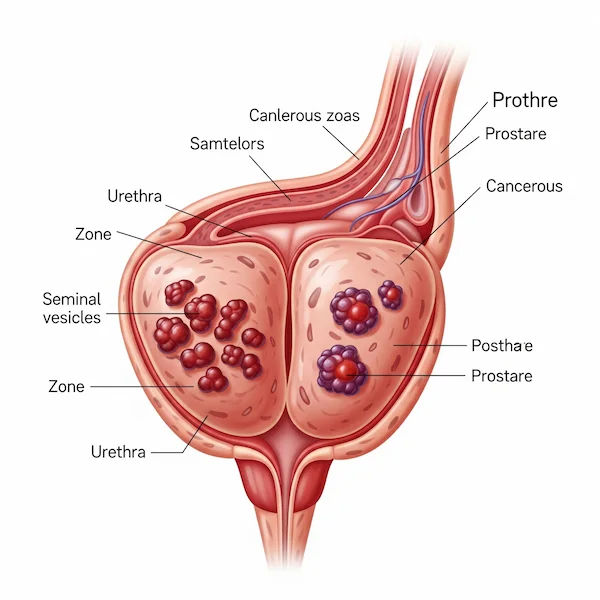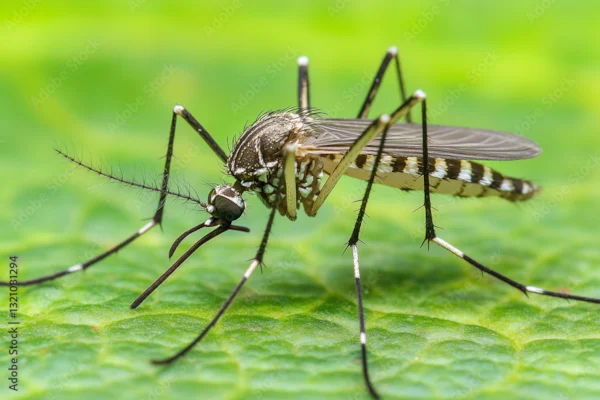Causes of Young Adult Heart Attacks
Heart attacks aren't just for older adults. Understand the surprising and often overlooked causes of heart attacks in young adults to protect your health.

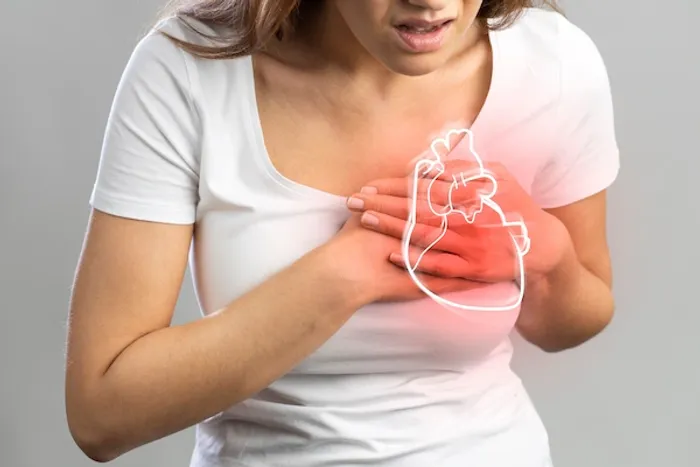
Introduction
Heart attacks are often associated with older adults, but they can also occur in younger individuals, sometimes with devastating consequences. If you're a young adult or know someone who is, it's important to understand why heart attacks happen at a younger age and how to reduce the risk.
What is a Heart Attack?
A heart attack (medically known as a myocardial infarction) occurs when blood flow to a part of the heart is blocked, usually due to a blood clot. Without oxygen-rich blood, the heart muscle begins to die, leading to serious complications or even death if not treated immediately.
Consult Top Specialists for Personalised Tips
Why Are Young Adults at Risk?
While heart attacks are less common in young adults (typically under 45), certain factors can increase the risk. Some of these are lifestyle related, while others may be genetic or due to underlying health conditions.
Common Causes of Heart Attacks in Young Adults
Common Causes of heart attacks in young adults are:
1. Poor Diet & Obesity
Eating processed foods, excessive sugar, and unhealthy fats can lead to high cholesterol, high blood pressure, and diabetes—all of which increase heart attack risk.
Obesity puts extra strain on the heart and contributes to artery blockages.
2. Lack of Physical Activity
A sedentary lifestyle weakens the heart and blood vessels, making them more prone to damage.
Regular exercise helps maintain healthy blood pressure and cholesterol levels.
3. Smoking & Vaping
Smoking damages blood vessels, increases blood pressure, and reduces oxygen in the blood.
Vaping, often considered "safer," still contains harmful chemicals that can harm the heart.
4. Excessive Alcohol & Drug Use
Heavy drinking raises blood pressure and can lead to heart muscle damage.
Stimulant drugs (like cocaine) can cause sudden heart attacks by spiking blood pressure and triggering artery spasms.
5. Chronic Stress & Mental Health Issues
High stress leads to inflammation and high blood pressure.
Depression and anxiety can also negatively affect heart health.
6. Undiagnosed Heart Conditions
Some young adults have genetic conditions like hypertrophic cardiomyopathy (thickened heart muscle) or familial hypercholesterolemia (extremely high cholesterol).
Irregular heart rhythms (arrhythmias) can also trigger sudden cardiac arrest.
7. Diabetes & High Blood Pressure
Uncontrolled diabetes damages blood vessels over time.
High blood pressure strains the heart and arteries, increasing heart attack risk.
8. Sleep Apnea & Poor Sleep
Sleep apnea (pauses in breathing during sleep) reduces oxygen levels, stressing the heart.
Chronic poor sleep is linked to higher heart disease risk.
Warning Signs of a Heart Attack in Young Adults
Many young people ignore early symptoms, assuming they're too young for a heart attack. However, recognizing warning signs can save lives:
Chest pain or discomfort (pressure, squeezing, or burning sensation)
Pain spreading to the arm, neck, jaw, or back
Shortness of breath (even without chest pain)
Cold sweats, nausea, or dizziness
Unexplained fatigue (especially in women)
If you experience these symptoms, seek emergency help immediately—every minute counts!
How to Reduce Your Risk?
The good news is that many heart attack risk factors are controllable. Here’s how you can protect your heart:
1. Eat a Heart Healthy Diet
Focus on fruits, vegetables, whole grains, lean proteins, and healthy fats (like nuts and olive oil).
Limit processed foods, sugary drinks, and excessive salt.
2. Stay Active
Aim for at least 150 minutes of moderate exercise per week (walking, cycling, swimming).
Even small changes like taking the stairs or walking more can help.
3. Quit Smoking & Avoid Vaping
Seek support from doctors or smoking cessation programs if needed.
4. Manage Stress & Mental Health
Practice meditation, deep breathing, or yoga.
Seek therapy or counseling if dealing with anxiety or depression.
5. Get Regular Health Checkups
Monitor blood pressure, cholesterol, and blood sugar levels.
If you have a family history of heart disease, discuss screening tests with your doctor.
6. Limit Alcohol & Avoid Recreational Drugs
Stick to moderate drinking (1 drink per day for women, 2 for men).
Avoid stimulant drugs that strain the heart.
7. Prioritize Good Sleep
Aim for 7-9 hours of sleep per night.
If you snore heavily or feel tired despite sleeping, get checked for sleep apnea.
When to See a Doctor?
If you have any of the following risk factors, consider consulting a cardiologist:
Family history of early heart disease
Unexplained chest pain or palpitations
High cholesterol, diabetes, or high blood pressure
Extreme fatigue or shortness of breath
At Apollo 24|7, you can easily book a consultation or schedule tests to assess your heart health. Early detection and lifestyle changes can make a huge difference!
Final Thoughts
Heart attacks in young adults are often preventable with the right knowledge and lifestyle choices. By eating well, staying active, managing stress, and avoiding harmful habits, you can significantly lower your risk. If you have concerns about your heart health, don’t wait—take action today. Your heart is your most vital organ, and protecting it now ensures a healthier future.
Consult Top General Physician
Consult Top Specialists for Personalised Tips

Dr. Rajib Ghose
General Physician/ Internal Medicine Specialist
25 Years • MBBS
East Midnapore
VIVEKANANDA SEBA SADAN, East Midnapore

Dr. Vivek D
General Physician
4 Years • MBBS
Bengaluru
PRESTIGE SHANTHINIKETAN - SOCIETY CLINIC, Bengaluru
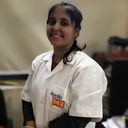
Dr. Ashita Kuruvilla
General Physician/ Internal Medicine Specialist
7 Years • MBBS
East Midnapore
VIVEKANANDA SEBA SADAN, East Midnapore
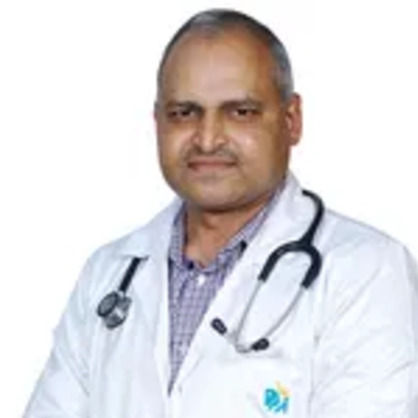
Dr. Dhanraj K
General Physician/ Internal Medicine Specialist
25 Years • MBBS, MD Internal Medicine - Osmania Medical College, Hyderabad
Hyderabad
Apollo Hospitals Jubilee Hills, Hyderabad
(425+ Patients)
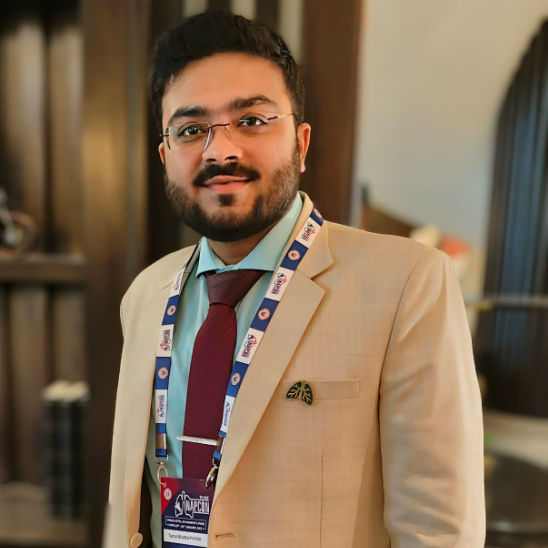
Dr. Tamal Bhattacharyya
Pulmonology Respiratory Medicine Specialist
8 Years • MBBS, MD (Respiratory Medicine)
Kolkata
MCR SUPER SPECIALITY POLY CLINIC & PATHOLOGY, Kolkata
Consult Top General Physician

Dr. Rajib Ghose
General Physician/ Internal Medicine Specialist
25 Years • MBBS
East Midnapore
VIVEKANANDA SEBA SADAN, East Midnapore

Dr. Vivek D
General Physician
4 Years • MBBS
Bengaluru
PRESTIGE SHANTHINIKETAN - SOCIETY CLINIC, Bengaluru

Dr. Ashita Kuruvilla
General Physician/ Internal Medicine Specialist
7 Years • MBBS
East Midnapore
VIVEKANANDA SEBA SADAN, East Midnapore

Dr. Dhanraj K
General Physician/ Internal Medicine Specialist
25 Years • MBBS, MD Internal Medicine - Osmania Medical College, Hyderabad
Hyderabad
Apollo Hospitals Jubilee Hills, Hyderabad
(425+ Patients)

Dr. Tamal Bhattacharyya
Pulmonology Respiratory Medicine Specialist
8 Years • MBBS, MD (Respiratory Medicine)
Kolkata
MCR SUPER SPECIALITY POLY CLINIC & PATHOLOGY, Kolkata
